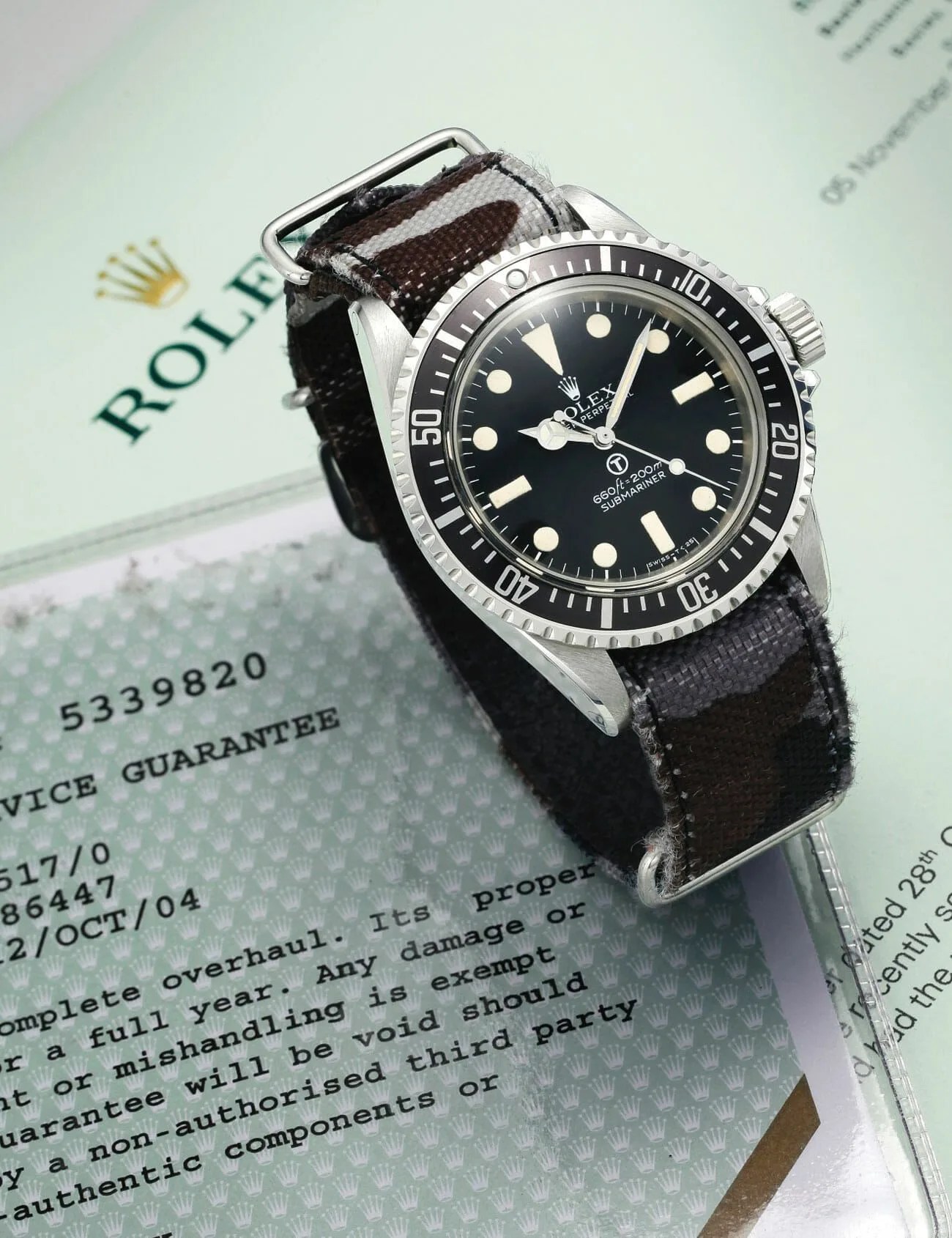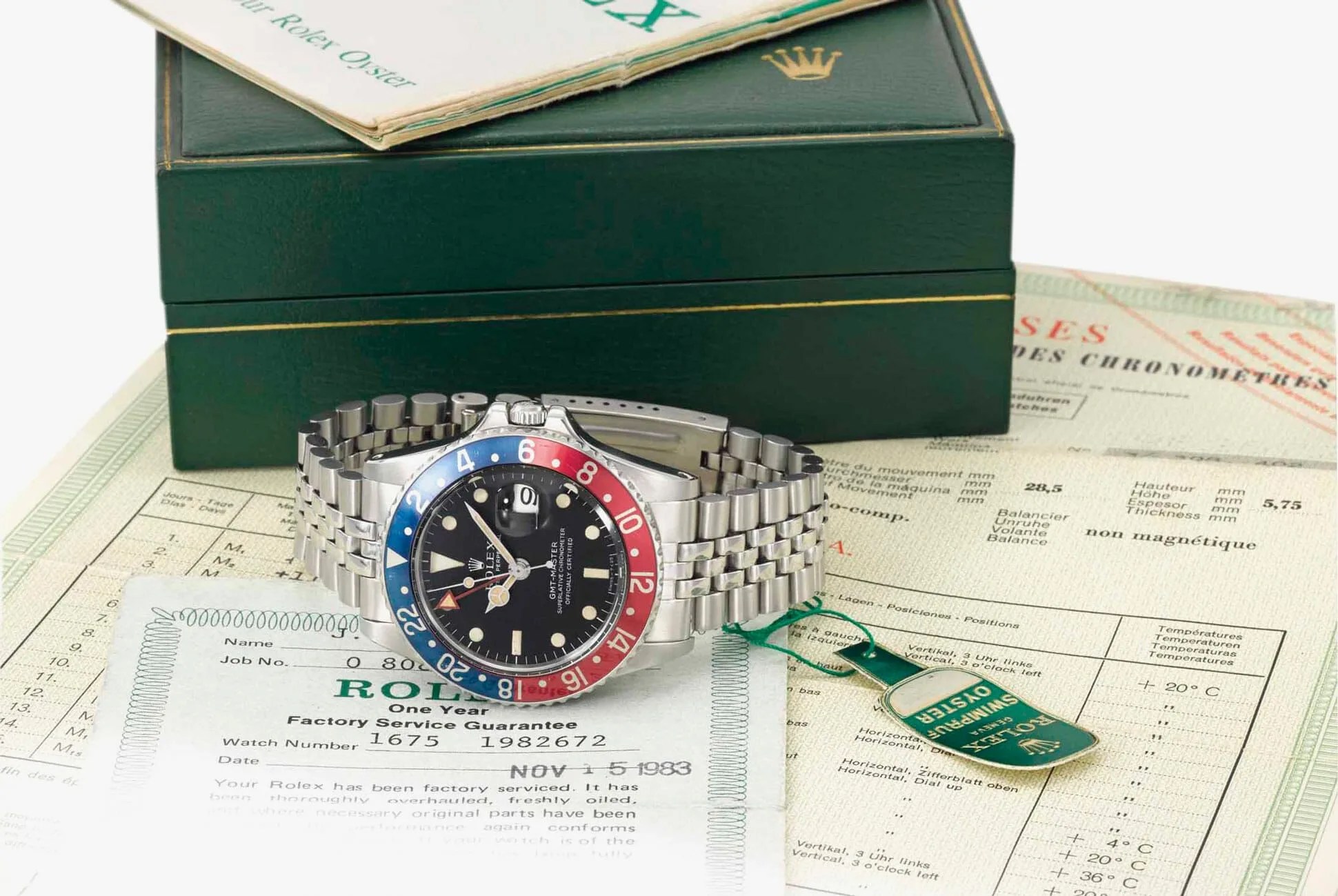Show of hands: How many people look closely at the warranty when watch shopping? Not many. Ok, how many people think it’s probably important? Yeah, you know it’s likely a good idea to consider it, especially since some companies offer considerably longer warranty periods than others. But, ugh, the fine print! In fact, it’s not as daunting or complicated a topic as you might think, and understanding a few basic points will help you buy with greater confidence.
Watch warranties have, interestingly, become a space for competition within the industry — a competition the consumer wins. With steadily improving technology and manufacturing, better-quality parts have led to more robust watches, and a lot of companies have been increasing the length of their warranties or offering “extensions” on them. It was news when, a few years ago, Rolex and, later, Omega increased their warranties to five years. Some Richemont brands like Cartier, IWC, Panerai, and Jaeger-LeCoultre have also begun offering warranty “extensions” that can amount to a total of eight years.
Those are some of the most prominent brands and strongest/longest warranties in the industry, and they are indeed noteworthy. However, as something that can add value and make a difference in consumers’ purchasing decisions, you should understand what exact benefits they offer — and what they don’t cover.
In a broader, more abstract sense, warranties also do more than provide assurance against defects. Importantly, warranties also reflect the manufacturer’s confidence in the quality of its product — they wouldn’t offer it if it didn’t make good business sense. They help consumers trust the company they’re investing in, and trust is everything in luxury watches. It’s understandable that watch enthusiasts can be confused and overwhelmed by warranties’ legalese, so here are a few points worth clarifying.
Watch Warranties Don’t Cover Damage
Watch warranties are meant to protect against “manufacturer defects” — that is, anything you may discover is wrong with the watch rather than anything that happens to it. If you haven’t abused or damaged the watch yourself, the warranty should cover anything you find isn’t right with it. To preempt any ambiguity, most brands have a list of circumstances that are not covered, some of them specific and some of them broad. It’s also standard that if you or any third party has tampered with, modified, or repaired the watch, the company will consider the warranty voided.


